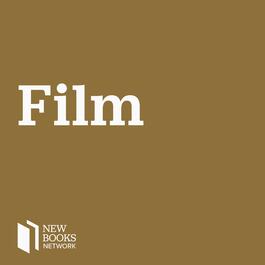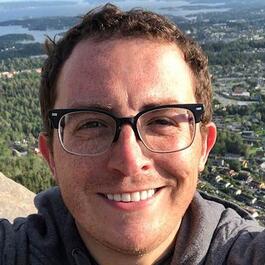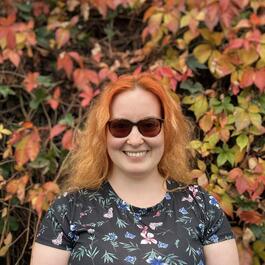
New Books in Film
Interviews with Scholars of Film about their New Books Support our show by becoming a premium member! https://newbooksnetwork.supportingcast.fm/film
Show episodes

Bruce Isaacs, "The Art of Pure Cinema: Hitchcock and His Imitators" (Oxford UP, 2020)
The Art of Pure Cinema: Hitchcock and His Imitators (Oxford University Press) is the first book-length study to examine the historical foundations and stylistic mechanics of pure cinema. Author Bruce Isaacs, Associate Professor of Film Studies and Director of the Film Studies Program at the University of Sydney, explor
Our episode on Moonstruck (1987) was almost never made: as with Manchester By the Sea, Dan harbored an irrational suspicion against it–but when he finally saw it, he sought forgiveness for the errors of his ways. That’s an appropriate theme to consider in light of a film saturated with Italian Catholicism that explores

Richard Scheib, "A Viewing Guide to the Pandemic: Depictions of Plague and Pandemic on Film and TV" (Headpress, 2025)
Richard Scheib's A Viewing Guide to the Pandemic (Headpress, 2025) is a film book like no other. It opens with the author's first-hand account of the Covid-19 pandemic and life in lockdown. His sense of dread, and anxiety about his state of health, were experiences shared with millions of others across the world. For a
Veronica Litt's Ugh As If!: Clueless (ECW Press, 2025) uncovers the complex layers beneath the glossy surface of the 1995 classic film "Clueless." Litt investigates not just the Austen satire but the film’s deeper ethical questions about femininity, innocence, bias, and inequity. A sweet and sly exploration of the Jane

Karen Redrobe, "Undead: (Inter)(in)animation, Feminisms, and the Art of War" (Univ of California Press, 2025)
Karen Redrobe's latest book Undead: (Inter)(in)animation, Feminisms, and the Art of War (Univ of California Press, 2025) is a fascinating account of the role of animation in the visual cultures of war. It analyzes works by artists including Yael Bartana, Nancy Davenport, Kelly Dolak and Wazhmah Osman, Gesiye, David Har
Love and Mercy A film by Bill Pohlad Love and Mercy (2014) is a film that shows how the sausage is made, in terms of both the music and the man. We get to see Brian Wilson’s Kubrick-like devotion to getting Pet Sounds exactly like he wants it, as well as his becoming a whole person through the force of his future wife.

